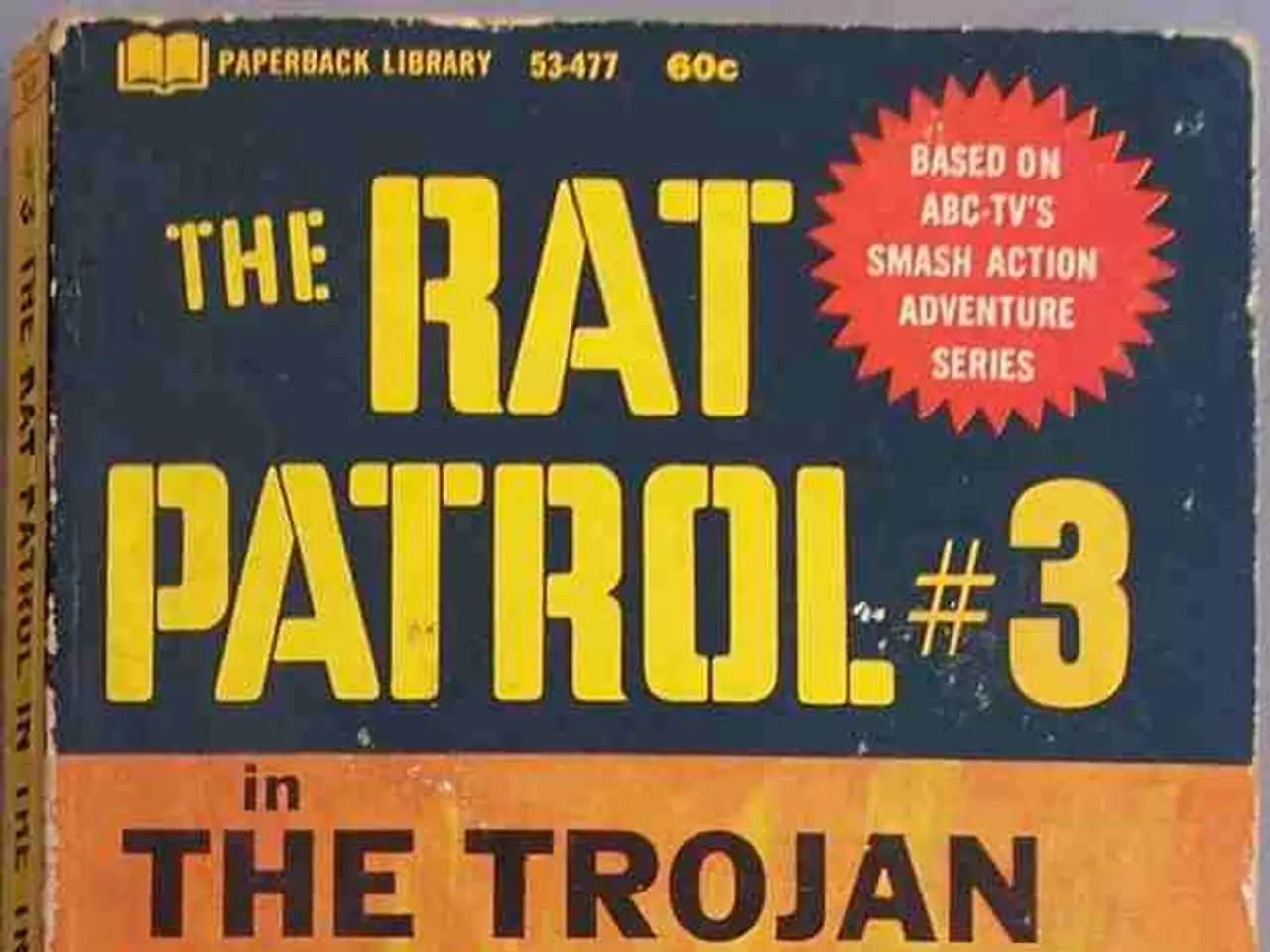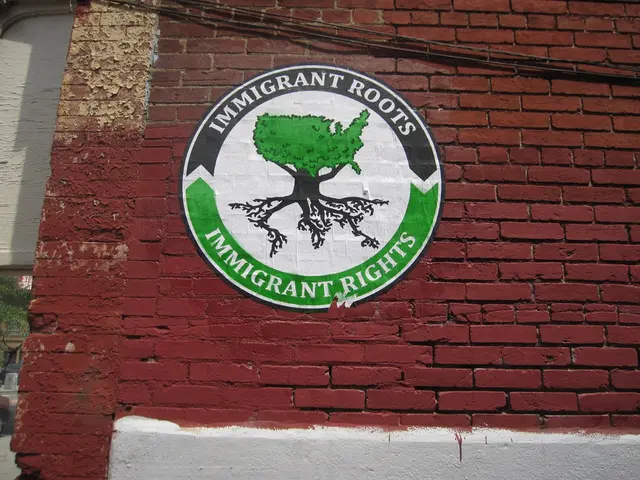Essential Action Taken: France Joins Forces with Cameroon
In a historic move, French President Emmanuel Macron has acknowledged that a "real war" was waged by French colonial authorities and the French army in Cameroon between 1955 and 1970. This conflict, known as the "decolonization war," saw the suppression of Cameroon's push for independence and resulted in tens of thousands of deaths.
The war helped establish an authoritarian regime loyal to France, with Ahmadou Ahidjo, who ruled until 1982, and his successor, Paul Biya, who has been in power since 1982, both heirs to the regime installed by France. The ongoing repression of opponents and violent conflict did not cease at independence but continued, deeply influencing Cameroon’s political and social climate—effects still felt today.
In 2022, Macron initiated a joint commission of French and Cameroonian historians to investigate this period. Their report, delivered in January 2025, concluded that France’s actions constituted a true "war" that seriously violated human rights and the laws of war. Techniques used included destruction of villages, attacks on disarmed civilians, forced regrouping camps, torture, targeted assassinations, and the use of brutal militias to crush nationalist movements.
Macron publicly acknowledged this truth in a 2025 letter to Cameroon's President Paul Biya, admitting France’s responsibility and the ongoing consequences of this harsh repression. The commission's suggestion that France waged a "real war" in Cameroon is significant, as it goes beyond the earlier acknowledgment of "particularly violent repression."
The impact of this "decolonization war" has been profound, leaving a long-lasting legacy of political repression and authoritarianism in Cameroon. The need for historical truth is stirring throughout Francophone Africa, making it timely to put an end to the Franco-Cameroonian taboos.
As Paul Biya, who is set to run for an eighth presidential term in October, faces growing calls for historical truth and reconciliation, Macron's gesture of acknowledgment appears incomplete and ambiguous, as it was addressed to Biya, an heir to the autocrat Ahidjo installed by France in 1960.
The ongoing work of truth initiated by Macron aims to address gaps and lies in French society and diplomacy, from the Rwandan Tutsi genocide to the Algerian War. The sensitivity of this truth operation regarding Cameroon lies in the fact that the "decolonization war" did not end with independence, as Paris continued to exert repression against opponents of the regime established. By delegating repression to locals, France transformed a colonial conflict into a civil war.
This article is based on factual bullet points and aims to provide a clear, straightforward, and approachable account of the events in question.
[1] Commission d'Histoire de la Révolution française. (2025). Rapport final [Final Report]. Paris: Editions La Découverte. [2] Biya, P. (2025). Lettre à Emmanuel Macron [Letter to Emmanuel Macron]. Yaoundé: Présidence de la République du Cameroun. [3] Macron, E. (2025). Discours à l'Assemblée Nationale [Speech to the National Assembly]. Paris: Élysée Palace. [4] Le Monde. (2025). La France reconnaît la guerre civile au Cameroun [France acknowledges civil war in Cameroon]. Retrieved from https://www.lemonde.fr/afrique/article/2025/01/15/la-france-reconnait-la-guerre-civile-au-cameroun_6069449_3214.html [5] BBC News. (2025). France admits 'real war' in Cameroon during decolonisation. Retrieved from https://www.bbc.co.uk/news/world-africa-60694231
Read also:
- United States tariffs pose a threat to India, necessitating the recruitment of adept negotiators or strategists, similar to those who had influenced Trump's decisions.
- Weekly happenings in the German Federal Parliament (Bundestag)
- Southwest region's most popular posts, accompanied by an inquiry:
- Discussion between Putin and Trump in Alaska could potentially overshadow Ukraine's concerns








